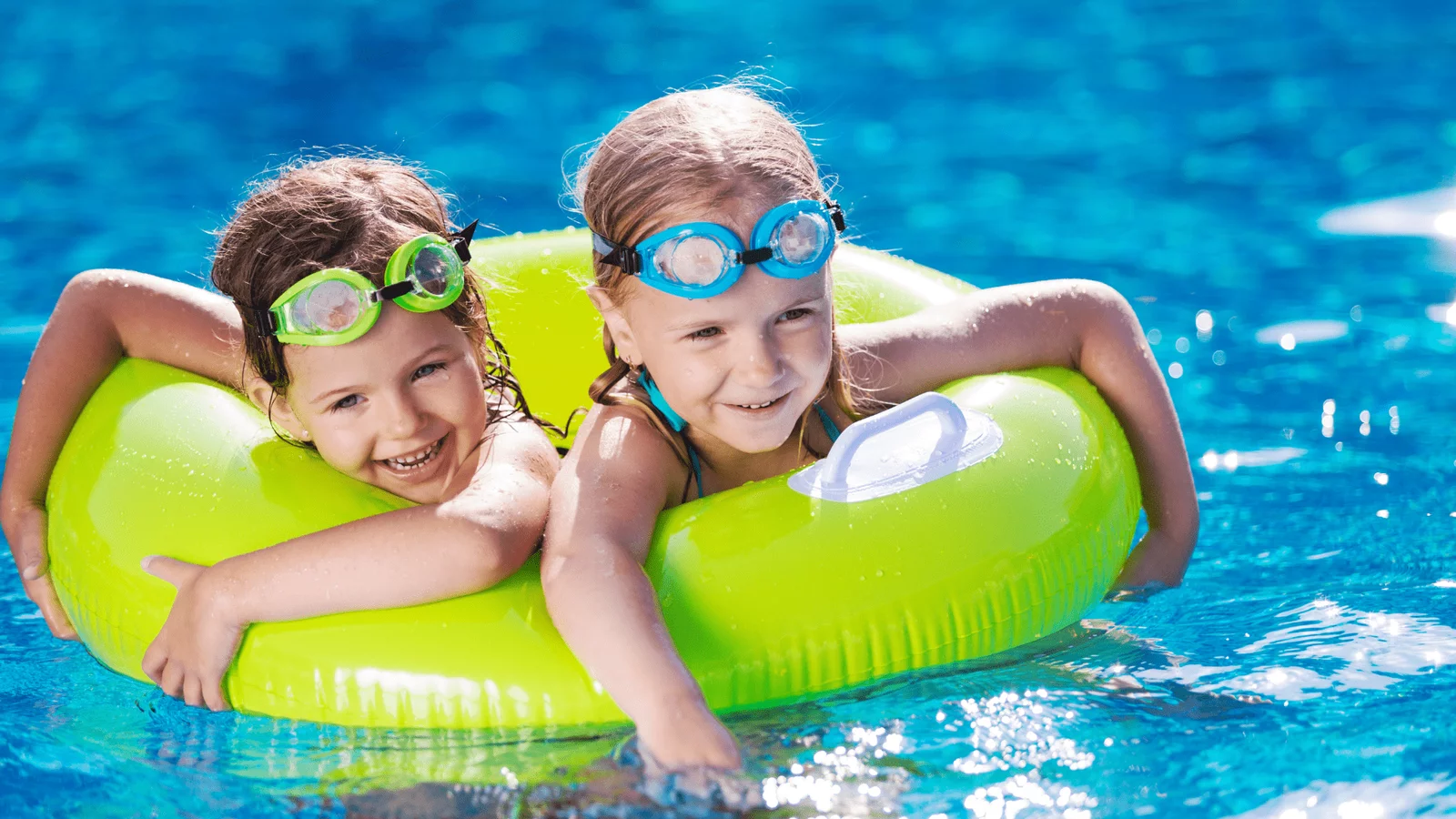Those who have a pool at home need to be extremely vigilant, especially if they have young children. Children are the primary victims of drowning and water-related accidents, and a single moment of carelessness can be “fatal.”
Unfortunately, drowning remains the second leading cause of accidental death for children under 14 years old (USA). Internationally, the World Health Organization estimates that drowning is one of the top 5 causes of death for individuals aged 1 to 14 in 48 out of the 85 monitored countries.
The age group of greatest concern is from 2 to 6 years old. This is because, during this stage, children are more curious and easily distracted, and anyone with young children knows that they can be there one moment and gone the next.
However, although children are the most common victims, adults are not exempt from the risk. Drowning occurs accidentally, usually in leisure situations when few consider the possibility of a tragedy. That’s why it is important to be extra cautious both at home and outside!
1 – Maintain active supervision
If there are children in the pool, the presence of an adult is mandatory. For children under 4 years old, supervision needs to be in the water. The recommended distance is within arm’s reach of the adult so that, if there is a problem, they can quickly assist the child. For older children who are accustomed to water, monitoring can be done from outside the pool, but never leave the area or turn your back on the pool.
In addition, the person responsible for the children needs to know how to swim, should not have a fear of water, and should not be distracted from their duties by consuming alcohol or taking a nap. Accidents in the pool happen within seconds, so any lapse in attention can be fatal. Oh, and if the number of children is large, it’s a good idea to have more adults keeping an eye on them.
2 – Use safety equipment
The use of flotation devices is essential for children in the pool. A life vest is the best option for children under 4 years old, as they are more difficult to remove, provide buoyancy, and prevent the child from turning face down in the water. For older children, arm floaties or other models are suitable as they have more control to keep their head above water.
Safety equipment is important even if the pool is shallow or if the child knows how to swim. In a moment of carelessness, they can slip, lose balance, or get scared by something and panic, putting themselves at risk of drowning. With a flotation device, you can have an extra layer of security. However, always remain attentive because the supervision of a responsible adult is essential.
3 – Block access to the pool
It’s not only when the house is crowded that the pool requires attention. If you have young children, you know that water will always be a cause for concern. That’s why it’s important to invest in fences and safety screens around the pool for times when the area is not in use.
The fence or screen should be at least 1.20m tall, and access gates should have locks that prevent children from opening them. If necessary, automatic gates and audible alarms can be installed. Protective covers and thermal covers can also be used as barriers between the pool water and the outdoor areas. The market offers options that are sturdy enough to support the weight of children, although it is recommended to avoid such situations.
4 – Leave the cleaning for later
When it’s time for fun, it’s time for fun, right? So always remember that pool cleaning and maintenance equipment should be turned off while the little ones are enjoying the water. Some drains can suction hair, clothing, and even children’s arms and legs, leading to drowning. Take the opportunity to relax and play. You can attend to routine tasks later.
5 – Properly store water treatment products
As important as keeping cleaning equipment turned off is properly storing pool treatment products to prevent children from accessing them. This measure is crucial because, aside from being flammable, these products can react with other materials, causing accidents. Therefore, having a closed space solely dedicated to storing these products prevents various types of issues and ensures safe enjoyment for the whole family!
Swimming lessons save lives!
Swimming is a sport that offers numerous health benefits. But more than that, regular practice becomes important as a safety measure. And this is crucial from an early age!
Children can start swimming lessons from as young as three months old, and for babies, in particular, swimming aids in motor, visual, and auditory development. During the learning process, children are taught about the risks and safety procedures, as well as techniques for breathing and movement that can be helpful in an uncomfortable situation.
